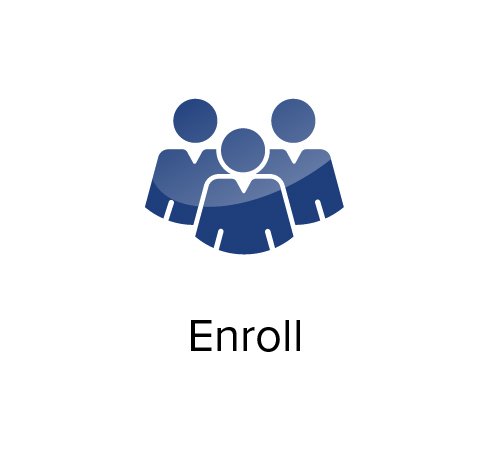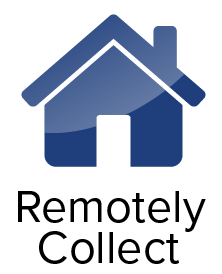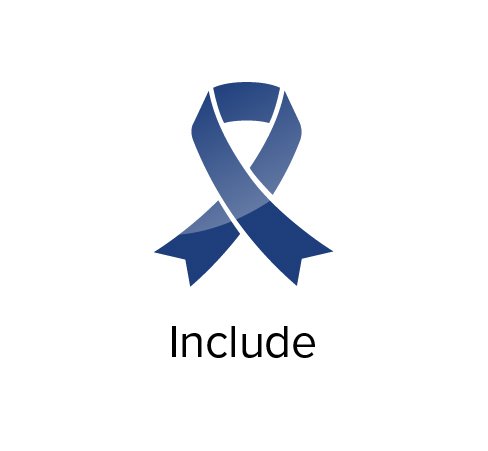a real-word clinical research study. Researchers are asking people, like you, to share your experience to better understand how people respond to their scheduled radiation treatment. There is no medication or device associated with this study and no doctor visits, only your experience and a few drops of blood.
RADIANT is...


a real-word clinical research study. Researchers are asking people, like you, to share your experience to better understand how people respond to their scheduled radiation treatment. There is no medication or device associated with this study and no doctor visits, only your experience and a few drops of blood.

designed to do from home. We know you’re busy, so we built RADIANT to do completely from the convenience of your home. You will not have to visit a clinic to complete any part of this study. Join cancer patients nationwide who are contributing to advancing cancer research on their own schedule.

working to develop a blood test to help doctors in the future make more informed decisions about cancer radiation treatment. We use a fingerstick kit to collect a few drops of blood from the comfort of home. Scientists will analyze this very small amount of blood to understand your body’s biological response to radiation treatment.

designed to do from home. We know you’re busy, so we built RADIANT to do completely from the convenience of your home. You will not have to visit a clinic to complete any part of this study. Join cancer patients nationwide who are contributing to advancing cancer research on their own schedule.

working to develop a blood test to help doctors in the future make more informed decisions about cancer radiation treatment. We use a fingerstick kit to collect a few drops of blood from the comfort of home. Scientists will analyze this very small amount of blood to understand your body’s biological response to radiation treatment.
Advance Cancer Research With Us
UNDERSTANDING YOUR RESPONSE TO RADIATION THERAPY
Radiation therapy, or radiotherapy, plays an important role in the fight against cancer. This year alone, more than 1 million cancer patients will receive some form of radiation treatment. In many cases, it will be the primary treatment in the fight against cancer. Despite its excellent safety profile, about 10% of patients will experience a negative reaction to the therapy and some patients may not benefit from the therapy at all.
The researchers behind the RADIANT study would like to make radiotherapy safer and more effective by developing a blood test that helps doctors predict a patient’s response to radiation treatment based on a patient’s genetics. By identifying patients ahead of time who will or will not benefit from radiotherapy, doctors can use the best treatment possible in fighting the cancer.
The National Cancer Institute awarded DxTerity, the study sponsor, a grant to validate this blood test in a larger population of cancer patients. DxTerity is also working with well-known cancer institutions to recruit patients via traditional physician channels nationally.

UNDERSTANDING YOUR RESPONSE TO RADIATION THERAPY
Radiation therapy, or radiotherapy, plays an important role in the fight against cancer. This year alone, more than 1 million cancer patients will receive some form of radiation treatment. In many cases, it will be the primary treatment in the fight against cancer. Despite its excellent safety profile, about 10% of patients will experience a negative reaction to the therapy and some patients may not benefit from the therapy at all.
The researchers behind the RADIANT study would like to make radiotherapy safer and more effective by developing a blood test that helps doctors predict a patient’s response to radiation treatment based on a patient’s genetics. By identifying patients ahead of time who will or will not benefit from radiotherapy, doctors can use the best treatment possible in fighting the cancer.
The National Cancer Institute awarded DxTerity, the study sponsor, a grant to validate this blood test in a larger population of cancer patients. DxTerity is also working with well-known cancer institutions to recruit patients via traditional physician channels nationally.